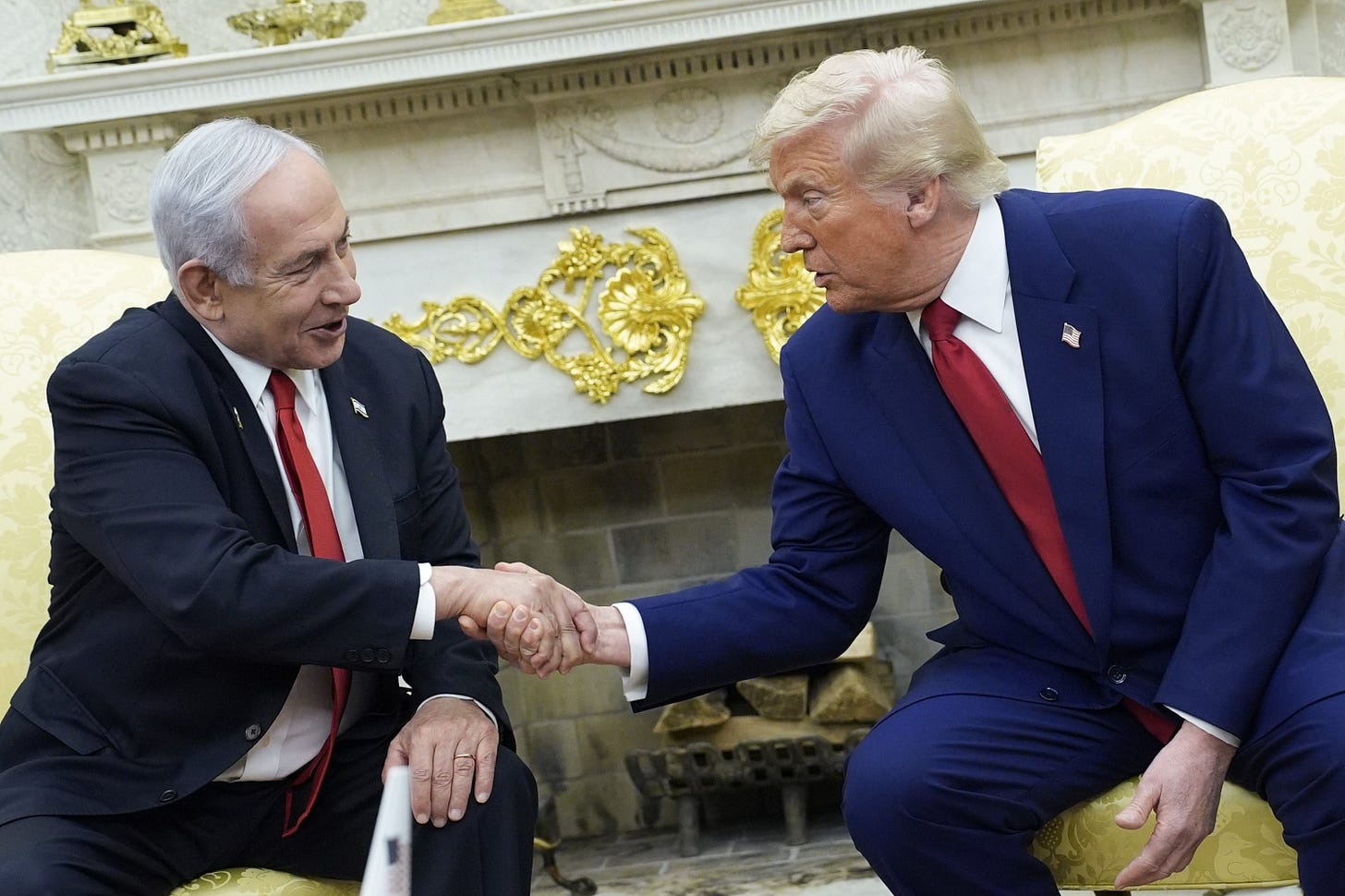The Defiance Trap: Why Strongmen Are Rewriting the Rules of Power?
Have you ever noticed how some leaders seem to thrive on controversy and outright defiance? This piece dives into what I call the “strongman’s gambit”—a strategy of aggressive pushback against established norms and institutions, as seen with figures like Trump and Netanyahu. We’ll explore why this approach resonates, what it means for our democracies, and why understanding it is more urgent than ever.
The Big Question: Is Defiance the New Diplomacy?
Lately, it feels like the rulebook for politics and international relations has been thrown out the window. We’re witnessing a brand of leadership that doesn’t just bend norms, it breaks them—with a smile. Think about figures like former President Trump or Prime Minister Netanyahu, who often seem to double down on confrontation rather than seek consensus. This isn’t just a coincidence; it’s a strategic shift, a “strongman’s gambit” that uses aggressive defiance as a primary tool of power. The big question I’m grappling with, and perhaps you are too, is whether this is just a phase or if it’s fundamentally reshaping how power works and how nations interact.
Unpacking the Strongman’s Playbook
So, what does this new playbook look like? It’s characterized by a constant pushing of boundaries, a deliberate rejection of established procedures, and a readiness to provoke. Instead of quiet diplomacy and careful negotiation, we see public spectacles, direct challenges to traditional institutions like the judiciary or the media, and a remarkable indifference to international criticism. This isn’t just about being tough; it’s about crafting a narrative where defiance itself is the ultimate strength, and compromise is a weakness. It creates a fascinating, albeit terrifying, performance for the public, often designed to rally a specific base while leaving everyone else bewildered or outraged.
“The most radical revolutionary will become a conservative the day after the revolution.”
– Hannah Arendt
Arendt’s insight, though focused on revolutions, touches on the fragility of established orders. The strongman’s gambit understands this fragility, exploiting the desire for strong leadership to dismantle the very structures designed to check absolute power. It’s a strategy that thrives on the constant shock, preventing the public from settling into a new ‘normal’ of defiance and therefore, preventing opposition from coalescing effectively.
When Rules Don’t Apply: The Shifting Sands of Power
Historically, diplomacy was about intricate dances of negotiation, the careful balancing of interests, and a shared, if sometimes grudging, respect for international law. But what we’re seeing now is a stark contrast. This new assertive statecraft often dismisses multilateral agreements as irrelevant and views alliances as transactional. It operates on a perceived might-makes-right principle, prioritizing immediate gains over long-term stability or ethical considerations. It leaves many of us feeling disoriented, as if the fundamental rules of engagement have been rewritten without our consent. This isn’t merely a political preference; it’s a profound shift in how power is exercised, forcing us to reconsider what ‘governance’ and ‘order’ truly mean in the 21st century.
Why We Should Care: The Cost of Perpetual Conflict
You might be thinking, “Does this really affect me?” The answer is an unequivocal yes. When defiance becomes the dominant mode of statecraft, the consequences ripple out to every aspect of our lives. Domestically, it erodes trust in the very institutions that uphold our freedoms—our courts, our elections, our press. Internationally, it fuels instability, making global cooperation on critical issues like climate change or pandemics far more challenging. It normalizes a politics of constant conflict, where dialogue is replaced by shouting matches, and truth becomes just another opinion. The danger lies in the slow, almost imperceptible, erosion of the shared reality that binds us together as a society.
“The greatest danger to our democracy is not a single foreign adversary but a gradual erosion from within, fueled by cynicism, apathy, and a decline in civic virtue.”
– Václav Havel
Havel’s words are a stark warning, resonating deeply with our current predicament. This isn’t just about abstract politics; it’s about the very quality of our collective life, our ability to solve problems, and the future we’re building for ourselves and our children.
Go Deeper
Step beyond the surface. Unlock The Third Citizen’s full library of deep guides and frameworks — now with 10% off the annual plan for new members.
Finding Our Bearings: Resisting the Defiance Narrative
So, what can we do when the rules seem to be changing right before our eyes? First, it’s crucial to cultivate relentless critical thinking. Don’t passively accept narratives, but question them, verify information, and engage with diverse perspectives. Second, we must actively champion and defend the institutions that are under attack—support independent journalism, participate in civic life, and hold elected officials accountable. This defiance gambit thrives on apathy and division; our response must be one of informed engagement and collective action. By understanding the tactics, we can better resist their insidious power and work towards a more stable, truth-based political discourse, reinforcing the values that ensure not just survival, but genuine flourishing.



